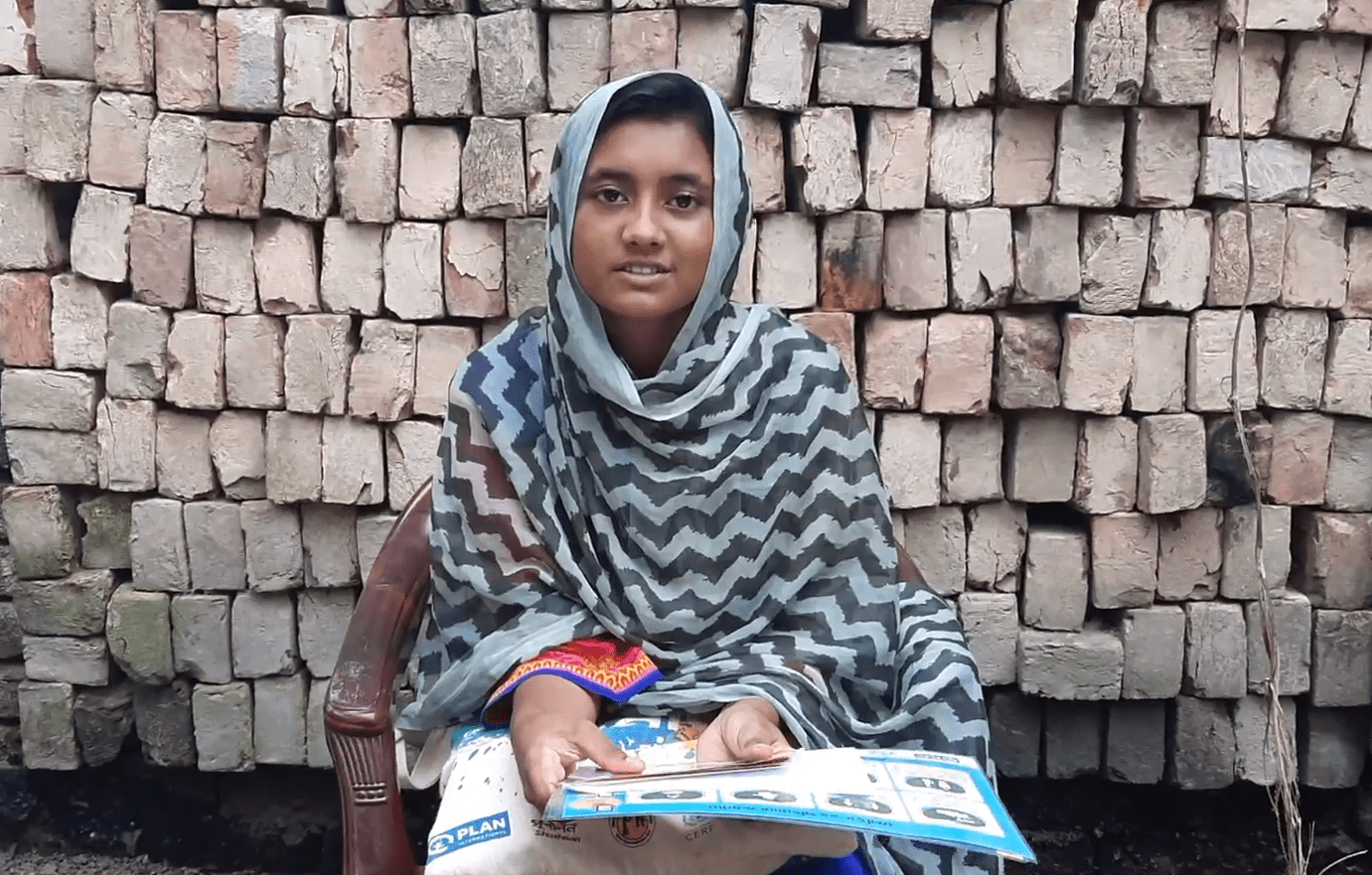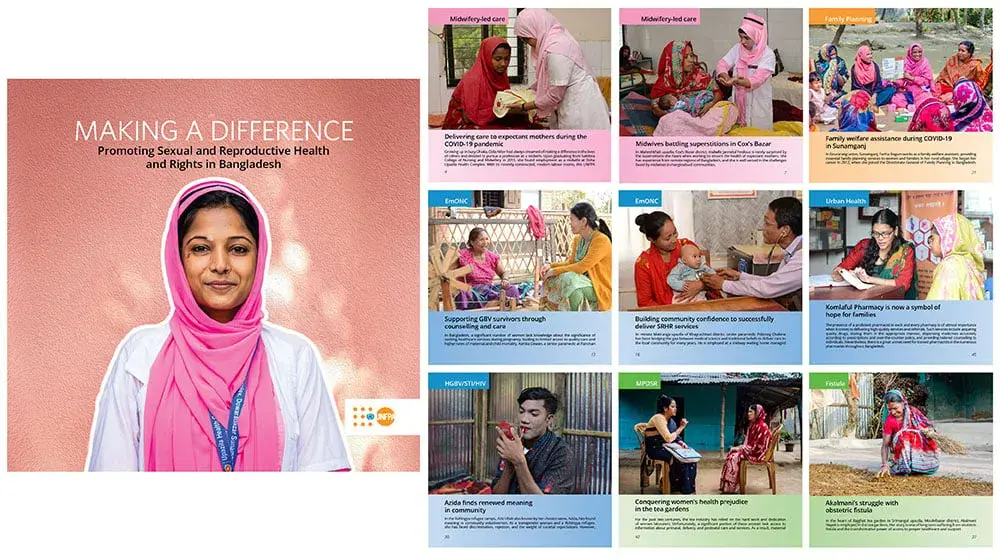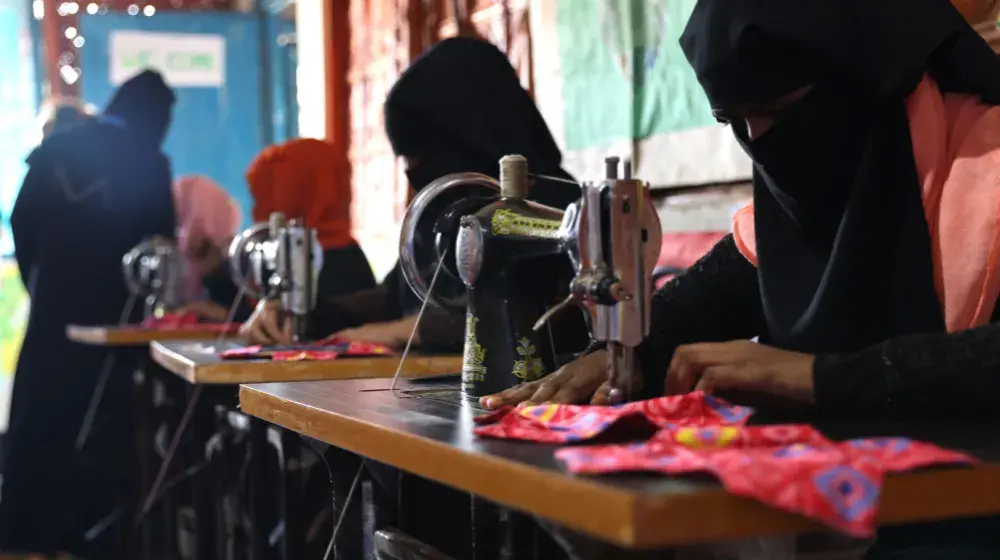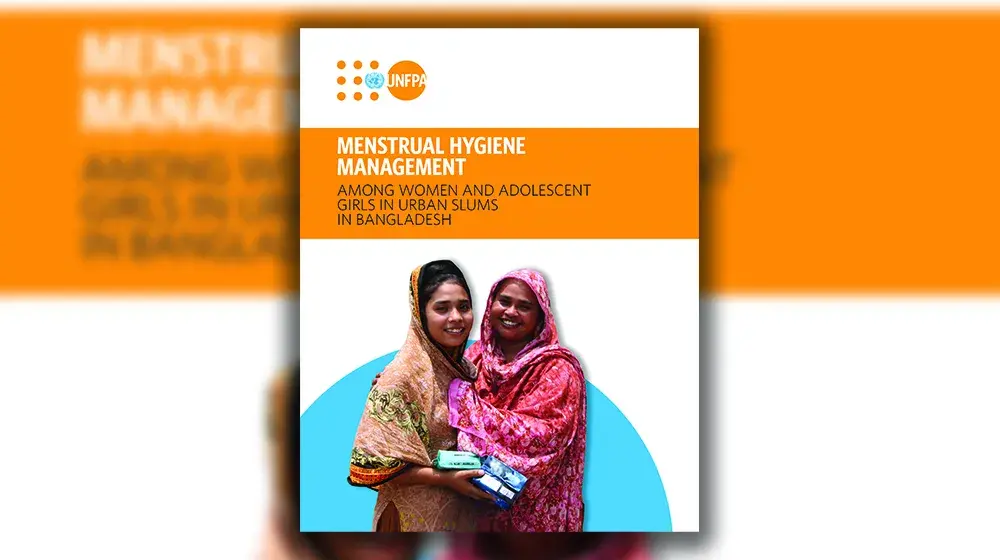As Bangladesh simultaneously faces multiple intersecting crises, such as the COVID-19 pandemic, natural disasters and the Rohingya refugee crisis, girls are at an increased risk of sexual violence, child marriage, unintended pregnancies and inadequate access to sexual and reproductive health services.
“River banks were eroded, trees were uprooted and houses were destroyed”, says Jerina Akther Simmi, a 15-year old girl from the Asashuni village of Satkhira district, as she describes the devastation Cyclone Amphan caused in her village last May.
Jerina’s family of five was one of the unfortunate ones to have their home destroyed by the cyclone. Even though Jerina’s father was able to somehow rebuild the family home in the months following the disaster, the COVID-19 pandemic has made daily life an ongoing struggle for the family.
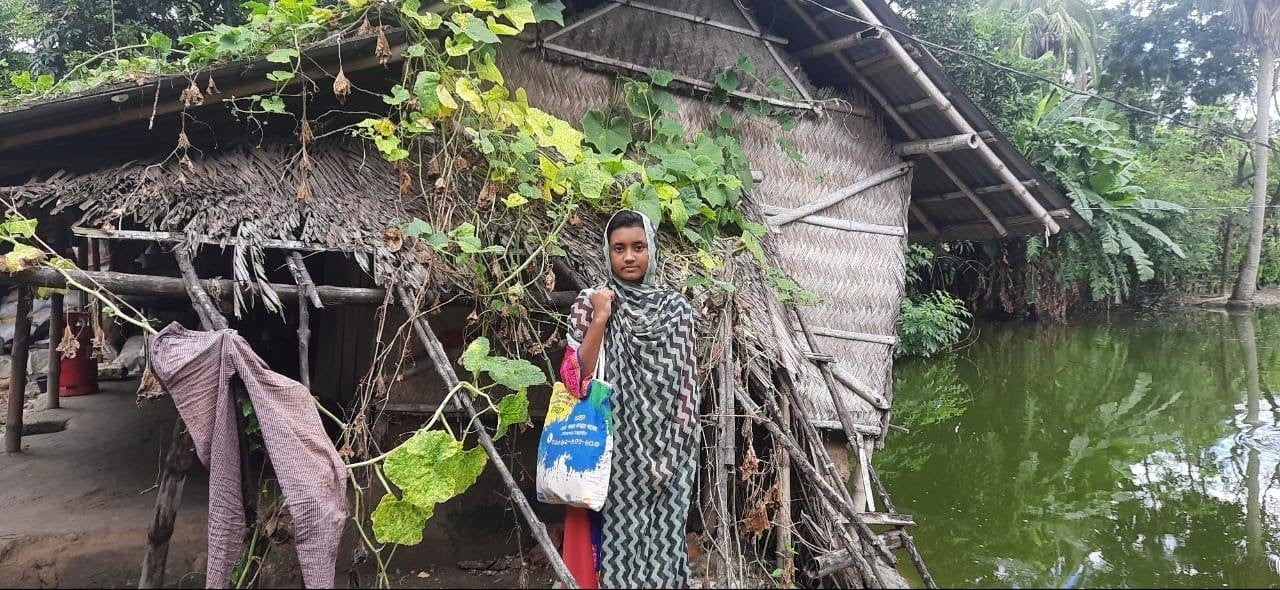
Cyclone Amphan destroyed multiple houses in Jerina's village, including her family home
Job opportunities for Jerina’s day-labourer father are far and few between, and the family income is barely enough for covering basic necessities. Amidst such dire and precarious conditions, young girls like Jerina often find their important needs overlooked or even belittled.
“With all of this going on, we are not able to discuss concerns about our physical and mental health with our family members”, Jerina laments.
A common concern that particularly emerges among adolescent girls in times of emergency is menstrual health. Due to poor hygiene standards in her community, Jerina has suffered from various infections in the months following the disaster. Her family’s serious economic hardships have made addressing the issue close to impossible.
Despite the obstacles caused by COVID-19, UNFPA strives to safeguard girls such as Jerina by providing relief to their urgent sexual and reproductive health needs. In September 2020, UNFPA, Plan International and Concerned Women for Family Development distributed 5,200 of Menstrual Health Management Kits to girls between the ages of 10-18 years in districts affected by Cyclone Amphan.
The kits contained essential goods such as soap, detergent powder, sanitary cloths, underwear, and masks that enable the adolescent girls to take care of their personal hygiene and protect themselves from COVID-19 during the crisis. In addition to these products, the kits contained flashcards with information on sexual and reproductive health, helplines to report incidents of gender-based violence and the safety precautions to follow during COVID-19.
“These menstrual health management kits are very helpful to girls in our community during these special times and will keep me safe from sexually transmitted infections. Because of the flashcards, I now also know that I can protect myself from COVID-19 by wearing a mask and practicing social distancing”, Jerina tells excitedly after receiving the kit.
The kits also included the number for the UNFPA-supported Alapon helpline, which provides youth an opportunity to discuss their concerns during the pandemic with professional counselors. Sadia, another girl from Jerina’s community is hopeful that knowledge of the helpline will lead to many positive developments in the village.
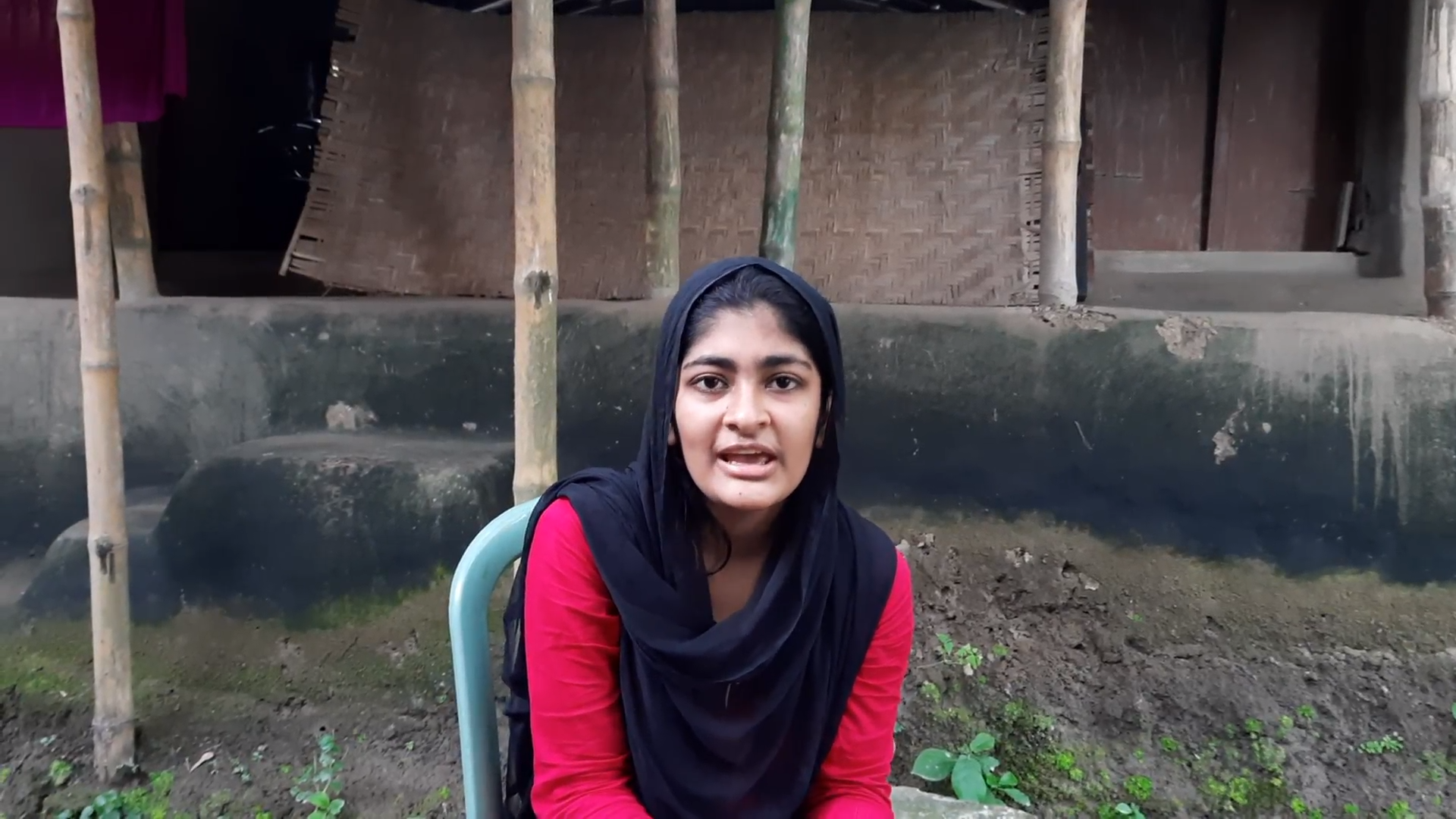
“Through Alapon, we can access information on menstrual and mental health related matters. I hope this will help to reduce social stigma for these issues in our community. Because of Alapon, we may also be able to prevent child marriages in our community”, she states hopefully.
This International Day of the Girl, and everyday, UNFPA strives to safeguard the sexual and reproductive health rights and needs of girls across Bangladesh, especially in crisis situations.

